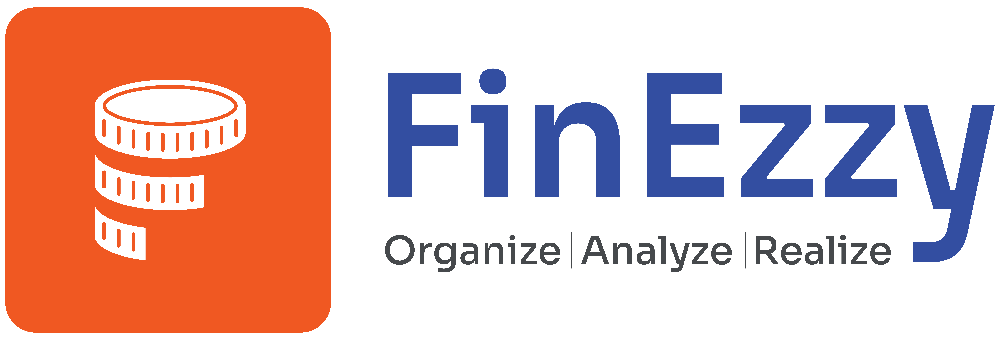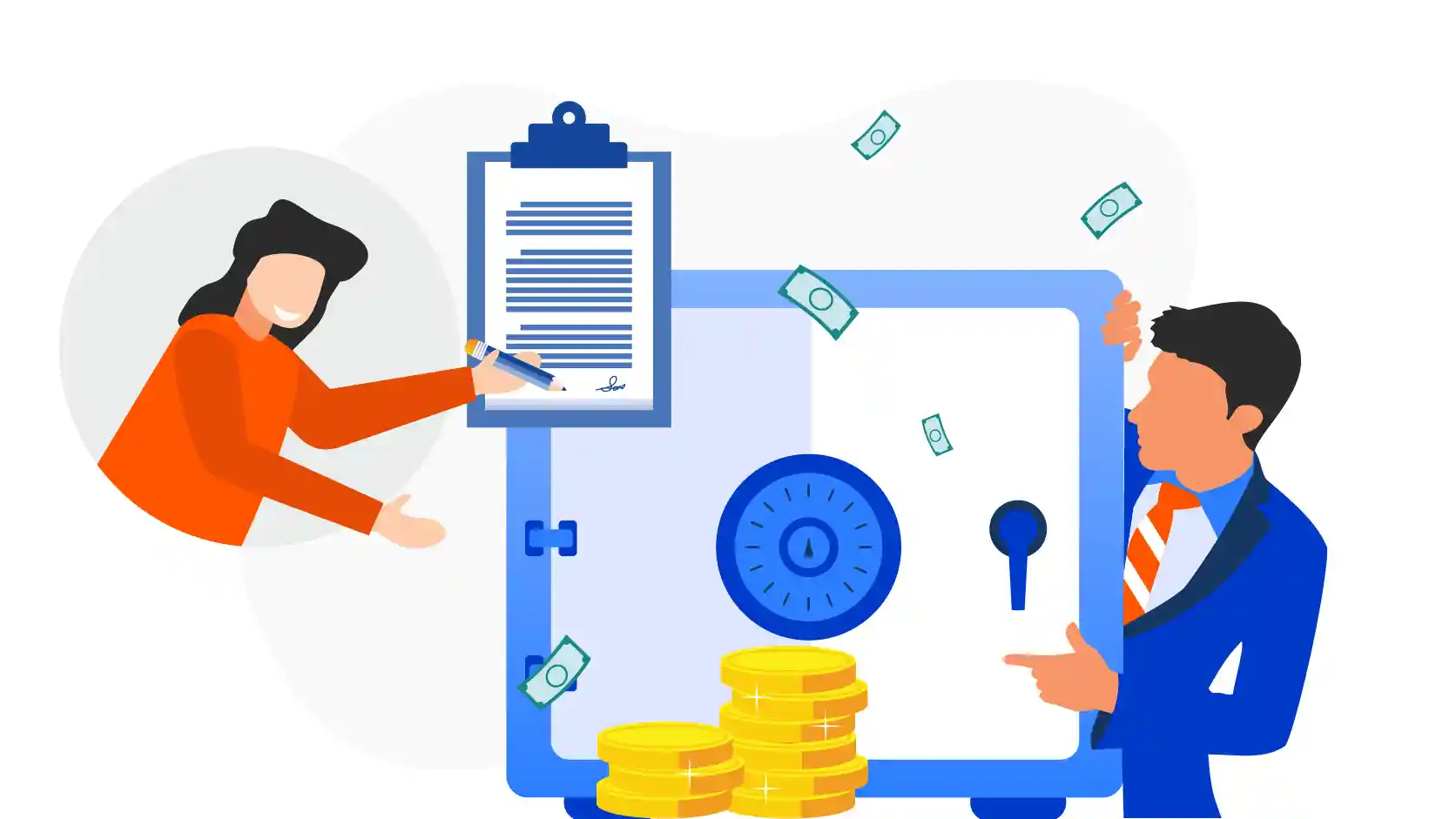Loan tenure, the time period over which a loan is repaid, is a crucial element of personal financial planning for everyone. The right choice of loan tenure is a fine balance between affordable monthly payments and the overall cost of the loan. Opting for a shorter tenure means higher monthly payments but significantly lowers the total interest paid. Conversely, a longer tenure reduces your monthly financial load but increases the total interest paid over time.
In this blog, we’ll delve into the complexities of choosing a loan tenure, offering insights and advice to help you make this important decision. Our goal is to align this choice with your personal financial plans and aspirations. Stay tuned for a detailed exploration of loan tenure and practical tips to make the most beneficial choice for your financial future.
Importance of Choosing the Right Loan Tenure
Let’s break down how different loan tenures can influence your financial decisions:
- Impact on Monthly Payments:
Shorter Loan Tenure: Opting for a shorter duration of the loan leads to higher monthly payments. This is because the amount borrowed, plus interest, is divided over a fewer number of months. While this can stretch your monthly budget, it also means you pay off the principal faster.
Longer Loan Tenure: Choosing a longer loan period results in smaller monthly payments since the repayment is spread out over more time. This approach can ease your monthly financial pressure but also means a slower reduction in the principal and more interest paid over time.
- Total Interest Cost:
The interest cost accumulated over the life of a loan is heavily influenced by its tenure. Longer loan tenures usually lead to higher overall interest costs due to the extended period over which interest is charged.
Conversely, loans with shorter tenures can be more cost-effective in the long term. Paying off the principal more quickly means lower total interest payments.
- The Balancing Act:
The key is to find a loan tenure that balances your immediate budgetary needs with long-term financial health. It’s crucial to select a tenure that fits within your monthly budget while also considering the overall interest cost.
The ideal loan tenure should allow for comfortable monthly payments without significantly inflating the total cost of the loan. This balance ensures that you can meet your financial commitments without undue stress and optimize the financial impact of your borrowing.
Should You Pay Off Your Loan Early? Understanding the Pros and Cons for Personal Finance
Deciding whether to repay your loan before the end of its tenure is a significant financial decision for individuals. This concept, known as early repayment or prepayment, involves settling your loan obligations ahead of the scheduled end date. It’s a choice that can be made with various types of personal loans, including mortgages, car loans, and personal loans. Here, we’ll explore the benefits and drawbacks of early loan repayment to help you make an informed decision.
Advantages of Early Repayment
- Interest Savings: By repaying your loan early, you reduce the total interest paid over the life of the loan. Interest is typically calculated on the outstanding balance; hence, paying off early can result in substantial savings.
- Credit Score Improvement: Repaying a loan early can positively impact your credit score. It demonstrates financial responsibility, potentially making it easier to obtain future credit under more favorable terms.
- Reduction in Financial Burden: Early repayment frees up your monthly budget from loan payments, offering more financial flexibility and reducing stress related to debts.
- Avoidance of Additional Fees: Some loans include ongoing fees or late payment charges. Paying off early can help avoid these extra costs.
Disadvantages of Early Repayment
- Early Repayment Fees: Some lenders charge fees for early repayment or discharge, which could offset the interest savings you’re aiming for.
- Impact on Liquidity: Paying a large sum upfront can strain your personal savings or emergency funds, potentially impacting your financial security.
- Missed Investment Opportunities: Using funds for early repayment might mean missing out on other investments with potentially higher returns.
- Variable Interest Rates: For loans with variable interest rates, the anticipated savings from early repayment might not be as significant, especially if interest rates decrease over time.
- Loss of Tax Benefits: Some loans, like certain mortgages, offer tax deductions on interest payments. Early repayment could lead to losing these benefits.
It’s important for individuals to weigh these pros and cons based on their financial situation and long-term goals. If considering early repayment, one should evaluate their budget, future financial plans, and the specific terms of their loan, including any prepayment penalties or benefits. By doing so, you can make a choice that aligns with your overall financial health and objectives.
How Can You Know If Early Repayment Before The End Of Loan Tenure Will Be Worth It or not?
Deciding whether to repay your loan early is an important financial decision that requires careful consideration. To understand if it’s beneficial for you, let’s walk through a simple example using Indian Rupees (INR) to illustrate the potential savings from early loan repayment.
Understanding the Calculation
Imagine you have a personal loan with the following details:
Original Loan Amount: ₹1,00,000
Loan Tenure: 5 years
Annual Interest Rate: 10%
Step 1: Calculate Monthly Payment
- Formula: Monthly Payment = P * r * (1+r)^n / [(1+r)^n – 1]
- Where P = principal amount (₹1,00,000), r = monthly interest rate (10% annual / 12 months), n = number of monthly payments (5 years * 12 months)
Step 2: Calculate Total Interest Paid
- Total Interest = (Monthly Payment * Total Number of Payments) – Principal Amount
Calculation:
- Monthly Interest Rate = 10% / 12 = 0.008333
- Monthly Payment = ₹1,00,000 * 0.008333 * (1+0.008333)^60 / [(1+0.008333)^60 – 1]
- Total Interest = (Monthly Payment * 60) – ₹1,00,000
- Total Interest for 5 Years = ₹27,482.27
Early Repayment (3 Years)
Step 1: Calculate Monthly Payment for 3 Years
- Formula remains the same
- Number of monthly payments = 3 years * 12 months
Step 2: Calculate Total Interest Paid for 3 Years
- Total Interest = (Monthly Payment * Total Number of Payments for 3 Years) – Principal Amount
- Monthly Payment for 3 Years = ₹1,00,000 * 0.008333 * (1+0.008333)^36 / [(1+0.008333)^36 – 1]
- Total Interest for 3 Years = (Monthly Payment * 36) – ₹1,00,000
- Total Interest for 3 Years = ₹16,161.87
Interest Savings
- Savings = Total Interest for 5 Years – Total Interest for 3 Years
- Savings = ₹27,482.27 – ₹16,161.87
- Interest Savings = ₹11,320.39
In this scenario, you save ₹11,320.39 in interest by repaying your loan two years early.
Things to Consider
While this example shows a clear interest saving, it’s crucial to consider other factors:
- Early Repayment Fees: Check if your lender charges any fees for early repayment, as this could reduce your savings.
- Impact on Your Budget: Ensure that making larger payments or a lump-sum payment won’t strain your finances.
- Opportunity Cost: Consider if you could use the money for more profitable investments.
- Consult Your Lender: Always get precise figures and terms from your lender, as interest calculations can vary.
By doing this kind of analysis, you can make an informed decision about early loan repayment. It’s all about balancing the potential savings against any fees and your personal financial situation.
In conclusion,
When considering early loan repayment, it’s crucial to balance potential interest savings against the full spectrum of financial implications. The decision, while often appealing for its promise of reduced interest costs, should be carefully evaluated in the context of early repayment fees, personal budget constraints, and alternative investment opportunities.
The choice to settle a loan early with Finezzy or any other lender is highly individualized. It hinges on one’s personal financial health and goals. For some, the route of early repayment opens a path to financial freedom and reduced liabilities, but for others, the priority may lie in maintaining cash flow and investment in potentially higher-yield opportunities. In making this decision, consider the broader picture of your financial journey, ensuring that your choice not only aligns with your immediate financial landscape but also fosters long-term financial resilience and progress.





